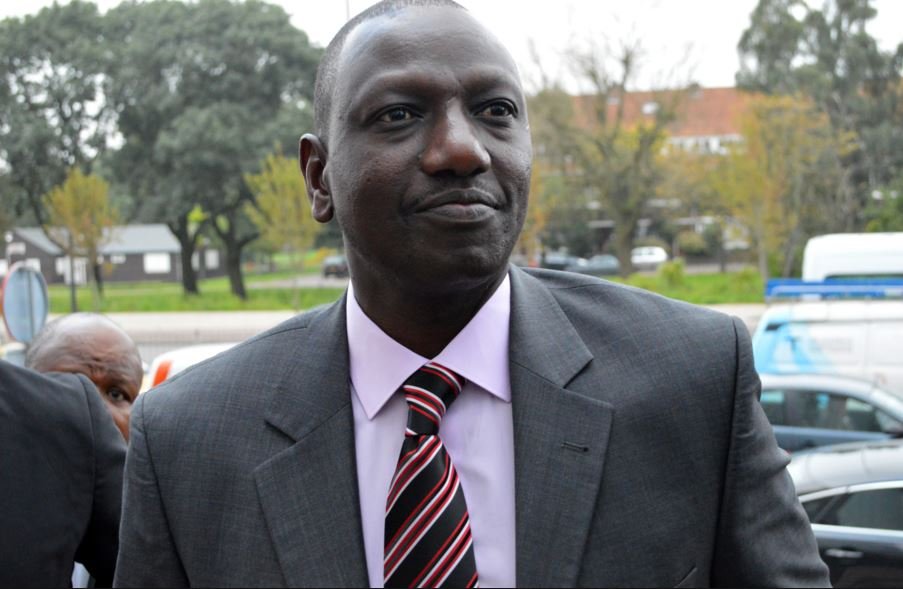Radical Islam breeds in deprived corner of Serbia
In a country proud of its Orthodox Christianity, the Serbian city of Novi Pazar is a place apart: young bearded men in ankle-length trousers stroll the streets, the restaurants don’t serve alcohol, and the call of the muezzin punctuates the daily routine.
Faced with massive unemployment and a feeling of exclusion against the backdrop of the Syrian war, this Muslim majority area of southwest Serbia has become a breeding ground for Islamist extremists.
“Death in the way of Allah in Syria, 14 May 2013, aged 27” was a notice once posted on the concrete walls of Novi Pazar, which lies in the region of Sandzak.
Killed in Aleppo, Eldar Kundakovic used to be one of the young men aimlessly strolling the town, where around half of the 100,000 residents are jobless and a third of the population is under the age of 19, according to the latest census.
Kundakovic, who belonged to the ultra-conservative Salafist movement, divided his time between prayer rooms and the tailor shop run by his father, who since the death of his son has spent time at mosques trying to dissuade youngsters from becoming violent radicals.
Novi Pazar is a city without an airport or train station, served by bad roads and enclosed by mountains, where the poverty rate is 50 percent, according to Serbia’s statistics institute, making the Sandzak region the most deprived area of the Balkan country.
A centre of textiles and commerce, it did not withstand the bloody breakup of Yugoslavia in the 1990s. A large number of the warehouses which employed thousands of workers fell into disuse.
Serbia estimates around 40 of its citizens have left to join the jihad in Syria and Iraq, some of whom have since returned or died there.
They were mostly either youths from the Sandzak region or members of the ethnic Albanian community in the neighbouring Presevo valley.
Those who return are monitored by powerful intelligence services that date back to the Yugoslav era. Eastward departures have dropped off since the Islamic State group has begun to retreat.
But the presence of Salafist “humanitarian organisations”, ostensibly helping the needy in Sandzak, have become a cause of concern.
In an April 2015 report, DamaD, a local cultural centre, said these groups had “completely isolated themselves from the rest of society” and were “committed to very conservative views on religion which support jihadist fights”.
The region’s official Islamic authorities have meanwhile become weaker after splitting into two rival structures.
According to Serbian media, youths who left for Syria frequented in particular an association called Furkan, whose followers are linked to a hardline Wahhabi community in northeastern Bosnia. One of them fired shots at the US embassy in Sarajevo in October 2011.
In 2014, the association disappeared after the dismantling of a jihadist network whose members were also part of Furkan.
“But where are the people who were part of it?” asked Fahrudin Kladnicanin of Forum10, an initiative dealing with integration issues.
“A lot of young people participated in their activities, their conferences. I think that… they are still working on silent radicalisation of some youngsters.”
In his pizzeria close to the city’s football stadium, 44-year-old Admir, who declined to give his last name, acknowledged that “penniless students” receive aid from his religious association “Put Sredine” (The Middle Way).
He denied any foreign financing, claiming his association ran on money from its members. He also rejects violence, but expressed disgust towards Shiites, “a sect”, and Israel, “the world’s biggest terrorist”.
But what Novi Pazar needs most is development, says Kladnicanin of Forum10. “In last 10 years there has been no investment in Sandzak, not a single factory was opened,” he said.
City Mayor Nihat Bisevac says it was more realistic to rely on financial support from Sandzak’s diaspora, which remains deeply involved in Novi Pazar — as is clear from the large number of foreign car registration plates.
Still, another hope for the future is a planned highway between the Montenegrin port of Bar and the Serbian capital Belgrade, which is likely to pass near Novi Pazar. But there is no timetable yet for its construction.
In addition to this economic situation, Serbian Muslims are “victims of double standards”, according to the mufti of the local Islamic community, Mevlud Dudic.
He said Serbs made up 80 percent of Novi Pazar’s police force until recently — despite the city being 80 percent Muslim. Following a drive to improve the balance, Muslims now make up a third of the force.
Muamer Zukorlic, a former mufti and now the member of parliament for Novi Pazar, considers there is a “low level of extremist behaviour” given the circumstances, but warns that “the bad economy, social situation, poor infrastructure — it all steps up the tension”.


